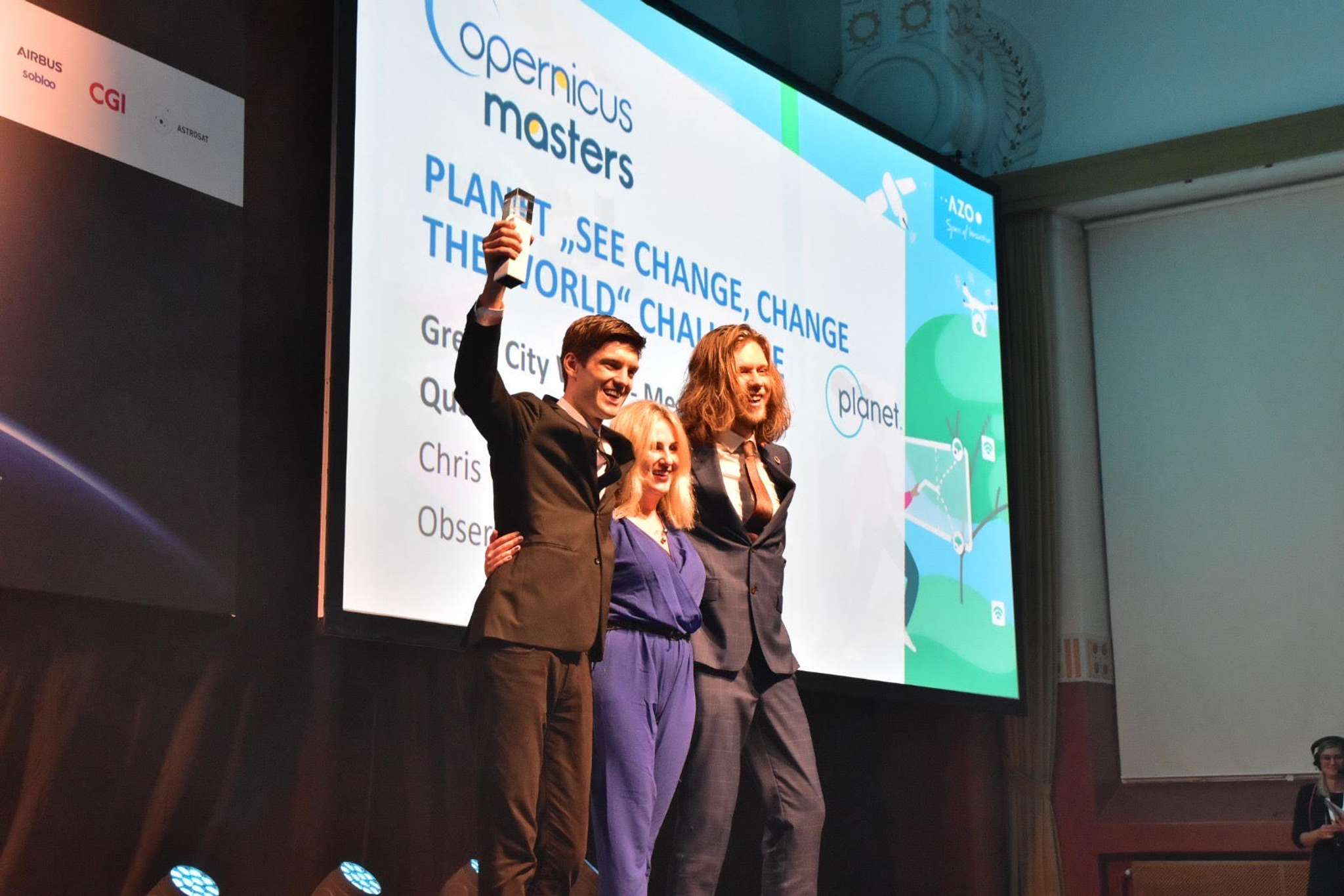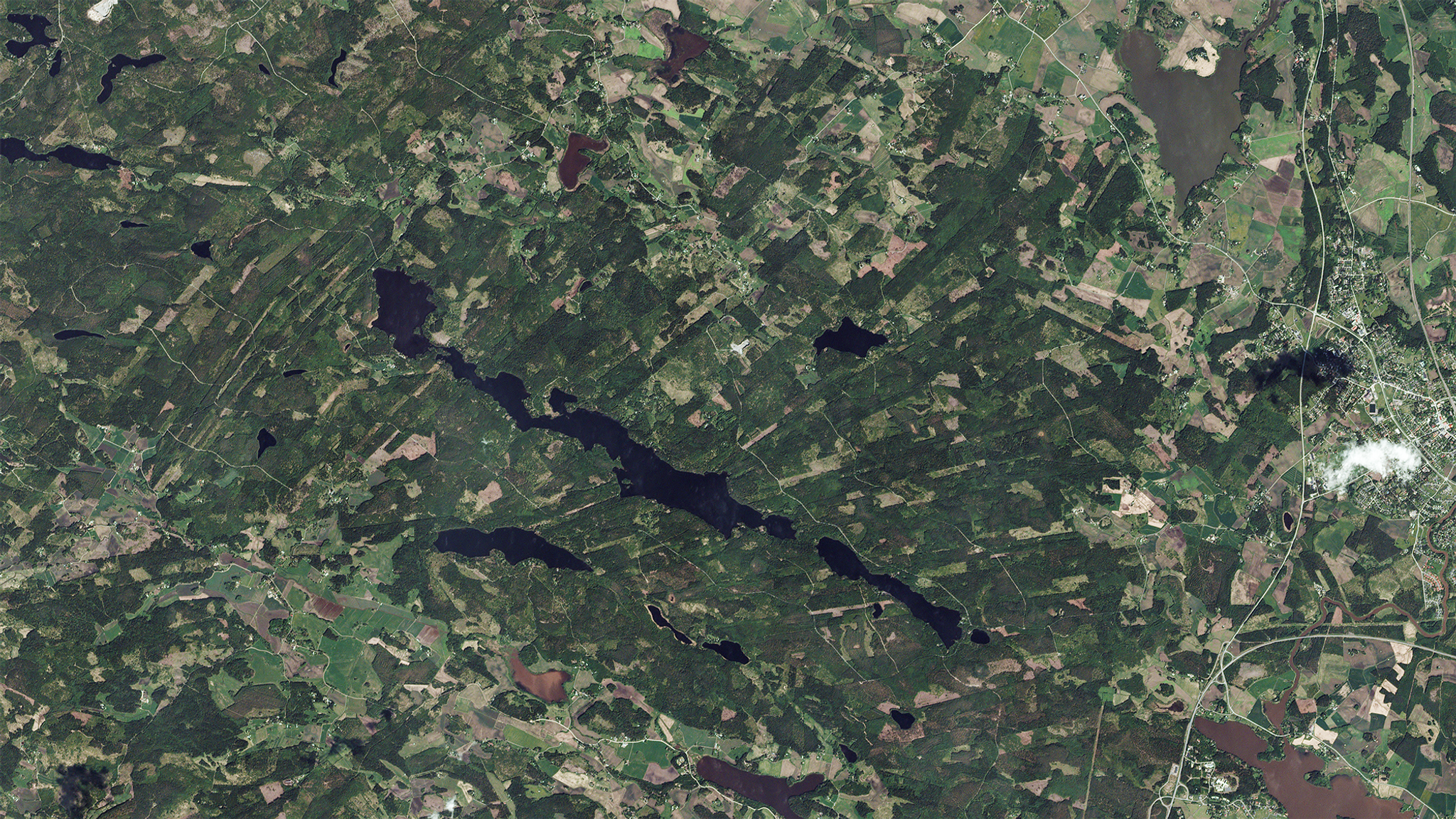Planet Announces Winner of 2019 Copernicus Masters Challenge
The Copernicus Masters is an international competition that awards prizes to developers who leverage Earth observation data to solve important commercial and social problems. We issued a call for submissions to the Planet Daily Change Challenge—a search for novel applications of Planet’s daily, global imaging capabilities. After an evaluation by a panel of multidisciplinary experts, we headed to Helsinki, Finland to join industry and institutional leaders at the Awards Ceremony of the Copernicus Masters to formally announce our winner, Green City Watch! Green City Watch, a Dutch geoAI startup that specializes in urban ecological engineering, was initially introduced to Planet when developing their flagship product, Treetect, with the city of Santa Monica, California. To create an automated urban tree inventory with near real-time monitoring capabilities, Green City Watch needed Earth observation data with faster revisit rates to enable rapid content acquisition and intelligence. Planet’s satellites filled that gap, while Copernicus Sentinel-2 MSI was used to track the health of urban vegetation. Shockingly, most cities, including Jakarta, Boston and Tokyo, do not have an up-to-date tree inventory, despite urban areas supporting over 55 percent of the world’s population. Instead of planting and maintaining more trees, new research shows cities are actually losing tree cover, just when they need it most. After learning that the life expectancy of urban trees is just 13 years, while their rural counterparts can live up to 100 years or more, founders Nadinè Galle, Jim Groot and Chris van Diemen felt compelled to apply the latest advancements in Earth observation, machine learning and computer vision to the increasingly vital discipline of urban forestry. They set out to increase tree longevity, keep cool amid rising temperatures, reverse biodiversity loss and foster health and well-being in the process. [caption id="attachment_144337" align="aligncenter" width="1600"]


Ready to Get Started
Connect with a member of our Sales team. We'll help you find the right products and pricing for your needs


